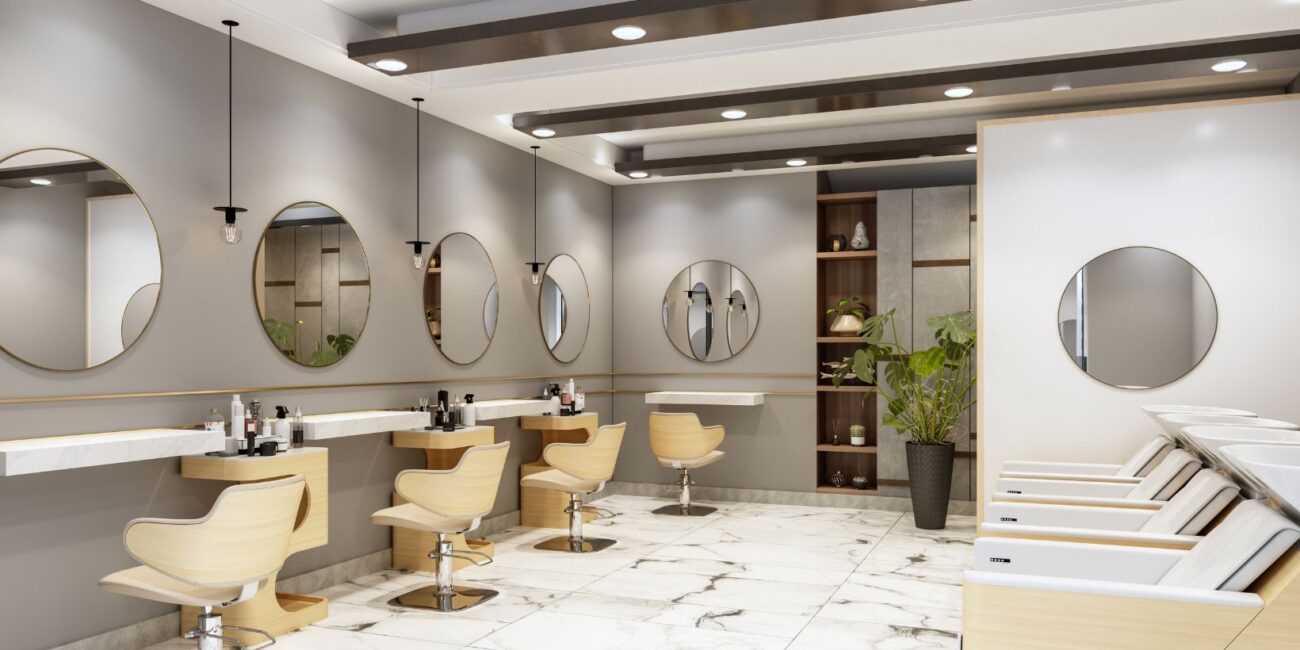Technology now gives salon owners more ways to shape services around each client’s unique needs. From digital booking systems that track preferences to software that stores detailed service histories, these tools help create a more tailored experience. By using the right technology, salon owners can deliver services that feel more personal, efficient, and convenient.
Clients no longer want a one-size-fits-all approach. They expect salons to remember their past choices, suggest products that match their style, and even offer virtual consultations before an appointment. As a result, salons that use technology to customize services often see stronger loyalty and more repeat visits.
This shift also benefits the business side. Automated scheduling reduces errors, while digital records save time and improve accuracy. At the same time, features like personalized promotions and online communication help build stronger connections with clients. Together, these tools allow salons to provide a smoother experience while growing their business.
Key Technologies Transforming Customizable Salon Services
Digital tools now give salons more ways to personalize services, simplify daily operations, and improve client convenience. From smarter booking options to AI-driven consultations, these technologies help owners adapt to client expectations while also streamlining management tasks.
Online Booking Systems and Automated Appointment Scheduling
Online booking systems let clients reserve services at any time without calling the salon. This flexibility reduces missed calls and creates a smoother experience for both staff and customers. Automated scheduling also helps balance workloads by filling gaps and reducing double-bookings.
Many platforms provide features such as waitlist management, reminders, and real-time calendar updates. These tools cut down on no-shows and give clients more control over their appointments.
A strong booking system often connects to a salon website builder for small businesses. This allows salons to display services, pricing, and availability directly on their site. As a result, clients can easily book from any device without extra steps.
Salon Management Software and CRM Integration
Salon management software combines scheduling, staff coordination, and client records in one place. By linking with a customer relationship management (CRM) system, owners can track service history, product purchases, and personal preferences.
This data helps staff recommend suitable treatments and products. For example, a stylist can see what color formula a client used last time or suggest a conditioner that matches their previous purchase.
Integration also supports loyalty programs and targeted promotions. Instead of sending broad messages, the salon can send offers that match each client’s past activity. This builds stronger connections and makes services feel more tailored.
AI-Driven Personalization and Virtual Consultations
Artificial intelligence now supports advanced personalization in salons. AI tools can analyze hair type, skin condition, or past service data to suggest treatments that fit individual needs. This creates a more accurate starting point before the appointment even begins.
Virtual consultations also extend convenience. Clients can share photos or answer guided questions online, and stylists can prepare recommendations in advance. This saves in-person time and helps clients feel more confident about service choices.
These tools also reduce guesswork for staff. Instead of relying only on memory, stylists can use AI insights to guide their approach. The result is a more consistent and personalized experience for each client.
Modern POS Systems and Inventory Management
Modern point-of-sale (POS) systems do more than process payments. They connect with inventory tools to track product levels in real time. This prevents stock shortages and avoids over-ordering.
Some systems also link retail sales with client profiles. For example, if a client buys a specific shampoo, the system can prompt staff to suggest a matching conditioner during the next visit.

Inventory data also supports smarter purchasing decisions. Owners can view reports on best-selling products and adjust orders accordingly. This keeps shelves stocked with items clients actually want while reducing waste and extra costs.
Improving Client Experience and Business Growth Through Personalization
Salons that use personalization create stronger client relationships, improve satisfaction, and increase repeat visits. By combining data insights, tailored service options, and efficient operations, salon owners can deliver a more valuable experience that also supports business growth.
Personalized Recommendations and Loyalty Programs
Clients often seek guidance on hair care products, styling tools, and treatments that match their needs. A salon owner who applies technology to track purchase history and service preferences can provide personalized recommendations that feel relevant and useful. For example, suggesting a specific hair treatment after a coloring session builds trust and shows attention to detail.
Loyalty programs add another layer of value. Instead of generic discounts, salons can design rewards that connect to client habits. A client who books frequent blowouts might earn points toward a premium styling tool, while another who buys hair care products could unlock discounts on future purchases.
This approach not only increases client satisfaction but also drives repeat visits. By tailoring rewards and recommendations, salons strengthen client relationships and encourage long-term loyalty.
Data-Driven Client Relationships and Retention
Technology allows salon owners to collect and organize client data in ways that improve service quality. Appointment history, preferred stylists, and past product purchases give insight into what each client values. With this information, staff can greet clients with confidence and suggest services that feel personal rather than generic.
For example, if a client often books color treatments, the salon can send reminders about touch-up schedules or suggest protective hair care products. These small but consistent actions show attention to individual needs and increase client retention.
Better client relationships also reduce the risk of losing business to competitors. By using data to anticipate preferences, salons create a seamless customer experience that clients want to return to.
Operational Efficiency and Revenue Growth
Personalization also supports business growth by improving efficiency. Salon management software can automate staff scheduling, appointment reminders, and inventory tracking. This reduces errors, saves time, and allows staff to focus more on client care.
Revenue growth often follows because personalized services encourage clients to spend more. A client who receives tailored product recommendations is more likely to purchase add-ons such as hair treatments or styling tools.
In addition, efficient operations reduce no-shows and maximize appointment availability. By combining personalization with streamlined processes, salon owners can increase both client satisfaction and overall profitability.
Conclusion
Technology allows salon owners to create services that feel more personal and convenient for each client. Tools such as salon software, online booking, and digital profiles give staff the ability to tailor treatments and track preferences with accuracy.
These systems also reduce errors and save time, which helps staff focus more on client care. Features like flexible payment options and mobile apps add further convenience and improve the overall experience.
As a result, salons that integrate modern tools can meet client expectations with greater precision and adapt quickly to new trends. This approach supports stronger client relationships and steady business growth.



